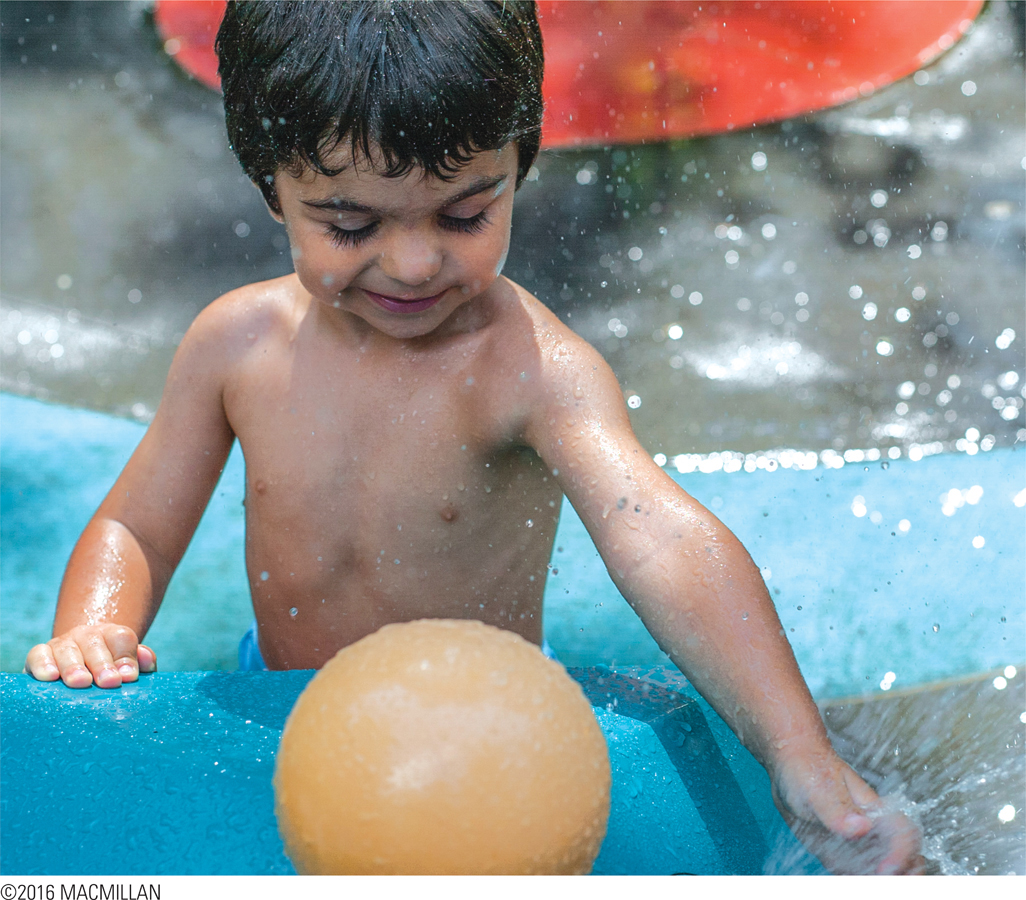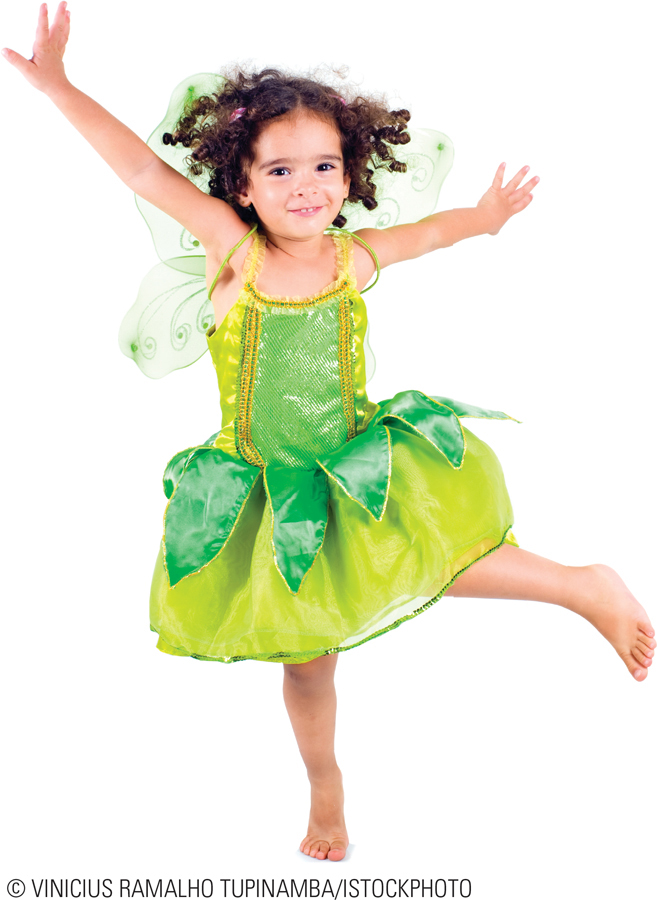part Introduction
early childhood


From ages 2 to 6, children spend most of their waking hours discovering, creating, laughing, and imagining—
These were once called the preschool years because school started in first grade. But first grade is no longer first; most children begin school before age 6. Therefore, we use the term early childhood.
These could also be called the play years, since young children love to play, whether quietly tracking a beetle through the grass or riotously turning a bedroom into a shambles. Their words and minds are playful, too; They explain that “a bald man has a barefoot head” or that “the sun shines so children can go outside to play.”
Early childhood—